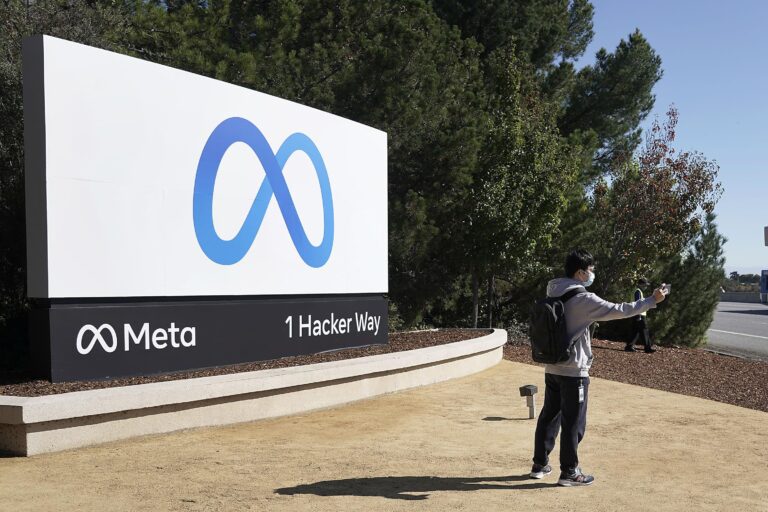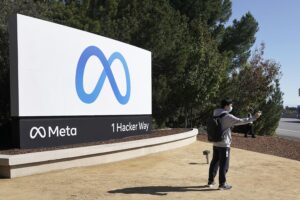Waymo’s time is now.
- Google’s self-driving division, Waymo, is currently by far the best option for anyone looking for an autonomous driving offering with two caveats:
- First: It is likely to come at a heavy price in terms of data and long-term differentiation
- Second: By the time autonomous driving is critical, many of the other solutions may have caught up.
- Waymo is currently on a charm offensive trying to assuage the fears of automakers who have seen what Google has done to the smartphone industry and are fearful that the same could happen to them.
- One of the few assets that car makers are likely to have left as the world moves to electric vehicles (EVs) is the sensor data that these vehicles generate.
- RFM research has concluded that combining Digital Life data generated by the smartphone with the sensor data gives scope for substantial revenues to be generated (see here).
- There is no doubt that Waymo is currently by far the best at autonomous driving but in order to work, the system has to have full access to the entire vehicle.
- For any vehicle maker deploying Waymo, this means opening up the entire vehicle to Google thereby putting at risk the only real differentiating asset these companies are likely to have in the long-term.
- Android Auto has proven to be ineffectual because while it displays apps running on the smartphone on the infotainment unit screen, it has no access to any of the sensor data that the vehicle generates.
- This is why the announcement by Audi and Volvo at Google i/o that they will deploy full Android in their head units is so significant.
- By using Android instead of their own proprietary code, they may be letting Google gain access to the sensor data over which I think they must maintain control.
- Google did announce that the code will be “manufacturer tweaked” Android which I hope for their sake means that all access to the sensor data remains under the vehicle manufacturer’s tight control.
- Waymo’s argument is that vehicle makers make no money on cars that have already been shipped and that with Google / Waymo there would be some kind of revenue sharing deal.
- Waymo has not said how much it is willing to give away but should it become dominant, I am pretty sure that the share will be very small.
- The good news for vehicle makers is that I don’t think that they need to rush into any alliances for self-driving systems just yet.
- This is because I still think that the technology will be mature long before the market is ready to accept it which gives those that are far behind Waymo today a lot of time to catch-up.
- Consequently, by the time that autonomous driving becomes a vehicular requirement, I think that the playing field will be far more even with a good array of choices that do not necessarily include the sharing of sensor data.
- I suspect that this is why Waymo is pushing its wares now as its chances of getting automakers to give Google access to their sensor data are at it their peak.
- Hence, I think vehicle makers should wait before making a deal for autonomy that they will not need for many years.









Blog Comments
@AbhijitKabra
September 11, 2017 at 11:52 am
This sounds so similar to the debates we used to have about strategy handset OEM’s should adopt, before the advent of Google / Android!! good news is Auto OEM’s can learn from their handset counterparts!!